Podcast Show Notes:
Do you feel very “untrained” when it comes to your songwriting?
Do you feel like you just go based off of what’s in your head, but you’re not really sure what you’re doing?
I certainly felt that way when I got started.
A good way to learn is not only through listening to other artists’ songs, but through analysis.
But what does that even mean? And how would you go about doing that?
That’s exactly what I dive into, in this episode of “Dear Songwriter”.
To claim your free video training “How to Confidently Turn Your Voice Memos into Release-Ready Songs”, head to http://www.connorfrost.com/videotraining.
How to Do a Song Analysis
(to help your own songwriting)
Call me a huge songwriting nerd, but I absolutely love this stuff. It started in college when I took a Music Analysis course for my Music minor, and I’ve never looked back.
Before we really dive in, we need to answer the following question:
Why should I do a song analysis?
Aside from the pure enjoyment of it, there are three main reasons as to WHY you should analyze other songs. It’s pretty simple:
Reason #1: Attain more songwriting tools
If you can just acquire one new tool from the song you’re analyzing, then it’s a win. Continue to build up that tool belt!
Reason #2: Take note of what you like in terms of their creative decisions
A song can go any number of directions, and at the end of the day, it becomes a tangible product through a series of creative decisions. Take note of the ones you like, especially if they’re unconventional.
Reason #3: Apply any of the above to your own songwriting
Once you’ve collected your new tools and made notes on creative decisions, you can try setting any or all of your findings to your next song.
Before You Start, It’s Helpful to Get Clear on the Following:
Listening to a song for leisure and listening to a tune for the purposes of analysis are not only two very different things, but you’ll want to be clear on what you’re looking for, and specifically the elements that actually make up a song.
So before you begin, it’s important that you’re clear on the following terms:
Melody
Motif
Verse
Chorus
Pre-chorus
Bridge
Interlude
Outro
Song structure
(By the way, if you want a free comprehensive training on how to go from your Voice Memos to a release-ready song, go claim it at this link.)
Once you’re clear on the above terms, now you can get to work. Listen to the song three times through, and each time, answer the following questions:
How to Do a Song Analysis - Answer the Below Questions:
Item #1: What is the structure of this song?
Let’s use Taylor Swift’s “Anti-Hero” as an example:
Item #2: What are the melodic motifs in each section of the song? How many are there and how do they differ from section to section?
For this, let’s use Nirvana’s “Drain You” as an example:
Verse: 1 motif (more dynamic melody, high to low notes)
Chorus: 2 motifs (more stagnant melody, emphasis on lower notes)
Bridge: 1 motif (stagnant melody, low notes)
Item #3: How are the lyrics progressing the song and story from one verse to the next?
Let’s take a look at Ed Sheeran’s Song “The A Team”:
Verse 1:
White lips, pale face
Breathing in the snowflakes
Burnt lungs, sour taste
Light's gone, days end
Struggling to pay rent
Long nights, strange men
Verse 2:
Ripped gloves, raincoat
Tried to swim, stay afloat
Dry house, wet clothes
Loose change, bank notes
Weary-eyed, dry throat
Call girl, no phone
still strong use of imagery
shifts from describing surroundings to more items
Progresses the story by choosing words that suggest a bad situation
Item #4: How do the lyrics differ from section to section? (consider points of view, vantage point, etc.)
We’ll stick with Ed Sheeran for this one:
Verse 1 (see above):
PreChorus:
And they say
She's in the Class A Team
Stuck in her daydream
Been this way since 18
But lately, her face seems
Slowly sinking, wasting
Crumbling like pastries
And they scream
The worst things in life come free to us
OK, Soo I’ve Done My Analysis, Now What?
Now comes the fun part. Next time you start on a new song, try using the template you’ve created for yourself, whether you’ve realized it or not. Happy writing!
Connor Frost is a professional musician, songwriter, and mentor who helps songwriters to write and release their first album or single, so they can effectively start their Artist journeys.
Connect with Connor for a Songwriter Strategy Session here.
